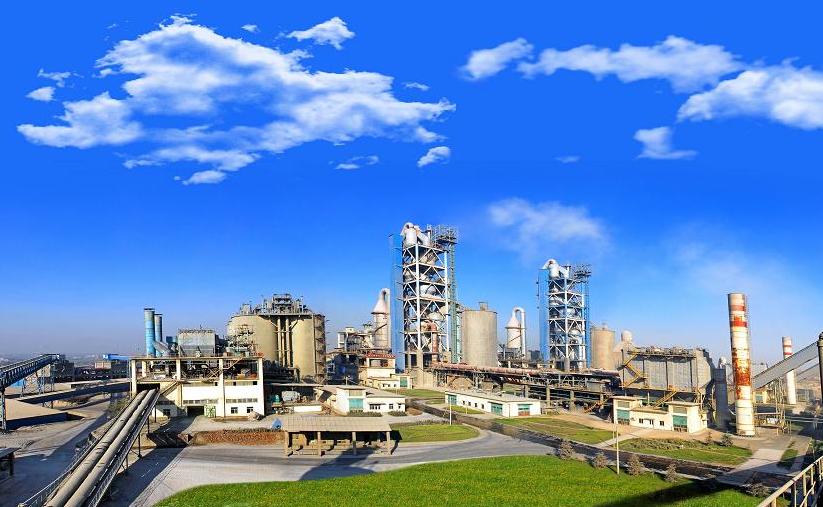The cement plant industry is a vital component of the construction industry, providing the essential materials for building homes, commercial buildings, and infrastructure. However, the production process can generate significant amounts of dust, fumes, and particulate matter, which pose a serious health risk to workers and nearby communities. To mitigate these hazards and ensure compliance with environmental regulations, cement plants rely on filter bags as a critical element of their dust collection systems. In this article, we will explore the role of filter bags in the cement plant industry, their types, and how they contribute to sustainable operations.

Filter bags are a type of air filter made of fabric, which capture and remove particulate matter from exhaust gases emitted by cement plants. These particulates can range from large, visible dust particles to fine, microscopic particles that can penetrate deep into the lungs and cause respiratory problems. To prevent these hazards, cement plants use baghouse dust collection systems that incorporate filter bags to capture the particulates before they are released into the atmosphere.
The baghouse system consists of a series of filter bags that are arranged in rows and suspended from a metal frame. The dirty gas from the cement plant enters the baghouse and passes through the filter bags, which capture the particulates. The clean gas is then discharged through an exhaust stack, while the particulates are collected on the surface of the filter bags. The collected dust is periodically removed from the bags using a pulse-jet cleaning system, which sends a burst of compressed air through the bags, dislodging the accumulated dust, and allowing it to fall into a hopper for disposal.
Since implementing the PTFE filter bags in our cement plant’s dust collection system, we have noticed a significant improvement in the air quality of our facility and the surrounding community.
“Testimonial from Ofodiofu Nwachukwu”Filter bags used in cement plants are made of various materials, each with unique characteristics that suit specific applications. The most common types of filter bags used in cement plants include:
Fiberglass Filter Bags – Made of woven fiberglass fabric, these bags are known for their high-temperature resistance, durability, and resistance to acids and alkalis.
PTFE Filter Bags – Made of polytetrafluoroethylene fibers, these bags are known for their excellent chemical resistance, high-temperature resistance, and superior filtration efficiency.
Polyester Filter Bags – Made of woven polyester fabric, these bags are known for their resistance to moisture, low-cost, and ease of maintenance.
Aramid Filter Bags – Made of synthetic aramid fibers, these bags are known for their high-temperature resistance, excellent dimensional stability, and resistance to abrasion.
Filter bags play a critical role in promoting sustainable operations in cement plants. By capturing particulate matter and preventing it from escaping into the atmosphere, filter bags improve air quality and protect the health of workers and nearby communities. Moreover, the collected particulates can be recycled and reused, reducing waste and minimizing the environmental impact of cement production.
To optimize the sustainability of their operations, cement plant operators can take several steps, such as selecting filter bags made of eco-friendly materials, adopting energy-efficient baghouse systems, and implementing regular maintenance and cleaning schedules for their filter bags. Additionally, some cement plants are exploring the use of innovative technologies such as electrostatic precipitators and wet scrubbers that can further enhance the efficiency of their dust collection systems and reduce emissions.
| Type of Filter Bag | Material | Temperature Resistance | Filtration Efficiency | Durability | Chemical Resistance |
|---|---|---|---|---|---|
| Fiberglass | Woven fiberglass fabric | Up to 260°C (500°F) | Moderate | High | Resistant to acids and alkalis |
| PTFE | Polytetrafluoroethylene fibers | Up to 260°C (500°F) | Very high | Excellent | Resistant to most chemicals |
| Polyester | Woven polyester fabric | Up to 150°C (300°F) | Moderate | High | Resistant to most acids and alkalis |
| Aramid | Synthetic aramid fibers | Up to 204°C (400°F) | High | Excellent | Resistant to abrasion |